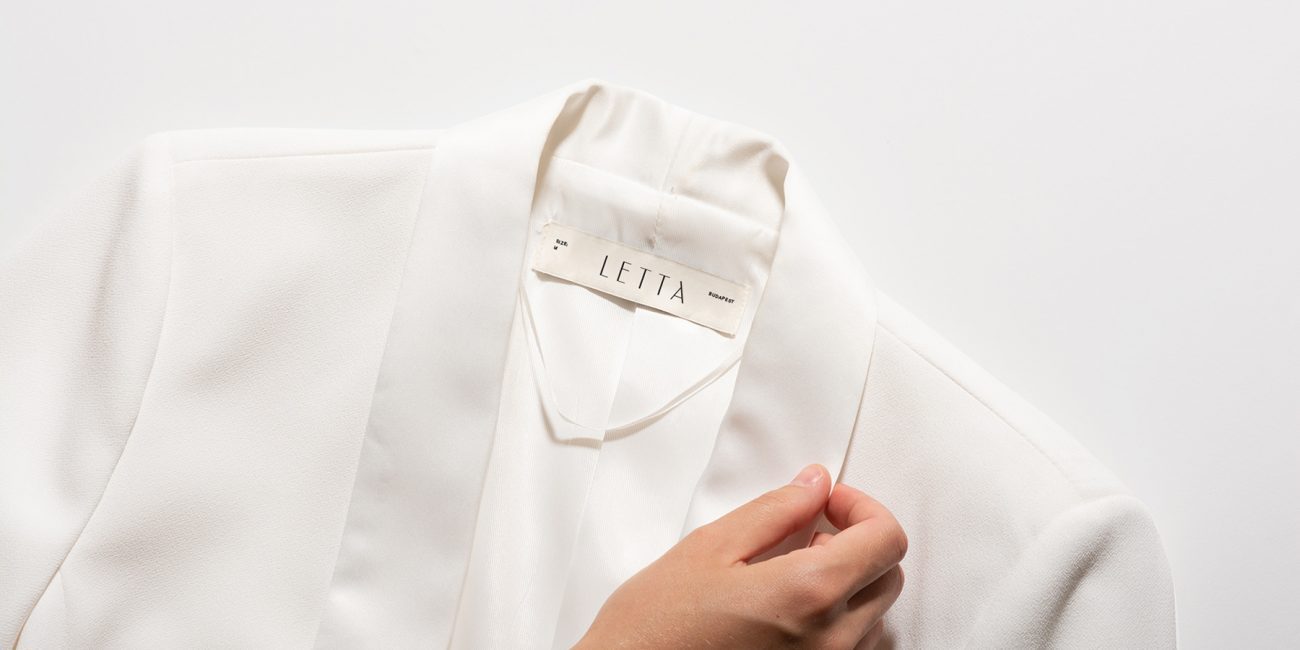In a world driven by fast fashion, the concept of sustainability has emerged as a beacon of change in the fashion industry. Sustainable fashion isn’t just a trend; it’s a movement towards a more ethical, environmentally friendly, and socially responsible approach to clothing production and consumption. At Daewon Trading LLC, we’re committed to championing sustainability and empowering consumers to make conscious clothing choices. Join us as we delve into the essence of sustainable fashion and explore how it’s reshaping the future of the industry.
- The Power of Ethical Production: One of the cornerstones of sustainable fashion is ethical production, which prioritizes fair labor practices, safe working conditions, and livable wages for garment workers. By supporting brands that adhere to ethical production standards, consumers can contribute to positive social change and ensure that the people behind their clothes are treated with dignity and respect. From fair trade certifications to transparent supply chains, ethical production practices are paving the way for a more equitable and humane fashion industry.
- Embracing Eco-Friendly Materials: Another key aspect of sustainable fashion is the use of eco-friendly materials that minimize environmental impact throughout the production process. From organic cotton and hemp to recycled polyester and TENCEL™️ lyocell, there’s a growing array of sustainable fabrics available that offer alternatives to conventional textiles. These materials are produced using fewer resources, generate less waste, and have lower carbon footprints, making them a more eco-conscious choice for environmentally minded consumers.
- Redefining Waste with Circular Fashion: In traditional fashion production, the concept of waste is all too familiar, with millions of tons of textiles ending up in landfills each year. Circular fashion seeks to disrupt this linear model by reimagining waste as a valuable resource and promoting a closed-loop system where materials are reused, recycled, and regenerated. From upcycling pre-loved garments to designing products with end-of-life considerations in mind, circular fashion is revolutionizing the way we think about clothing and challenging industry norms.
- Mindful Consumption and Slow Fashion: In a culture obsessed with consumption and constant turnover, the principles of slow fashion offer a refreshing alternative that prioritizes quality over quantity and mindful consumption over impulse buying. By investing in timeless pieces that are built to last, consumers can reduce their environmental footprint, support artisanal craftsmanship, and cultivate a more meaningful connection with their clothing. Slow fashion encourages thoughtful purchasing decisions, encourages wardrobe versatility, and promotes a deeper appreciation for the stories behind the garments we wear.
- Empowering Change Through Education and Advocacy: Ultimately, the transition to a more sustainable fashion industry requires collective action and widespread awareness. By educating consumers about the environmental and social impacts of their clothing choices and advocating for policy changes and industry reforms, we can drive meaningful progress towards a more sustainable future. Whether it’s supporting local artisans, participating in clothing swaps, or advocating for greater transparency and accountability within the fashion supply chain, every action counts in the journey towards conscious clothing.


